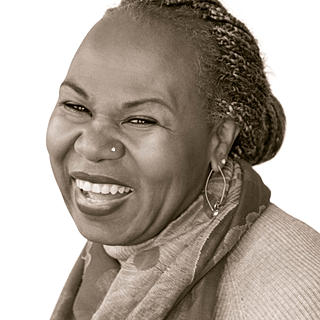Preparing the bees for Winter
- Arlene Dunkley-Wood
- Sep 18, 2018
- 2 min read

It has been an amazing year full of busy bee activity.
We thought with the bad winter that we would loose a few colonies, but it turned out that it was only one colony, which although there was sufficient stores in the brood chamber, the bees just wasn't able to get to it.
It is a weird thing, that bees do when coming out of hibernation, they want to do a cleans flight, they want to start bringing in pollen to feed the queen and the community of nursing bees, not to mention the new emerging bees, which the queen started laying in January.
But their instinct is to keep the hive and the population as strong and warm as possible and for some reason, even when their is stores, they move as a cluster and often move away from the stores. I suppose in nature they would die anyway, but it is a shame when you open a strong colony to see dead bees.
Anyway the ones that did survive, had me on my toes from May through to the present time.
We had swarming and attempted supercedure and I even found one colony with two sister queens along side happily getting one.
I extracted over 400 pound weight in honey so far, and we are still yet to bottle 64 lbs. With the lovely Indian summer, there seems to be still a honey flow happening. But we will leave that for the bees.
My preparation now is to make sure that by the end of October, that they have stores to keep the winter bees in good supply. The queen will be in the process of laying now. They will be a smaller cluster of bees, but enough to tend to the queen and hibernate for the next six months.

I will be doing a varroa treatment, to make sure that these winter bees are not carrying the varroa mite through that period, which weakens the colony. Just checked today, and there doesn't seem to be a overly large infestation. No colony is varroa free.
After that, reducing them to 1 brood, box, which may require uniting smaller colonies.
During the winter their will be the occasional stores check, which may require adding fondant if necessary.
This is the time beekeepers do husbandries (why is it called husbandry?) making sure to cleaning up suppers and making and any equipment i.e. smokers, hive tools, brood boxes, supers and storing away comb ready for the next 2019 season, when it all begins again.
I am completely knackered. Being a bee keeper is fun, but also hard physical work, so don't let any one kid you into thinking that there isn't any graft involved in beekeeping.
To purchase this pure, raw, Walthamstow, London Honey, contact me arlenesbreadandhoney2016@gmail.com or visit me at the farmers market. Dates are kept up to date on this website.



























Comments